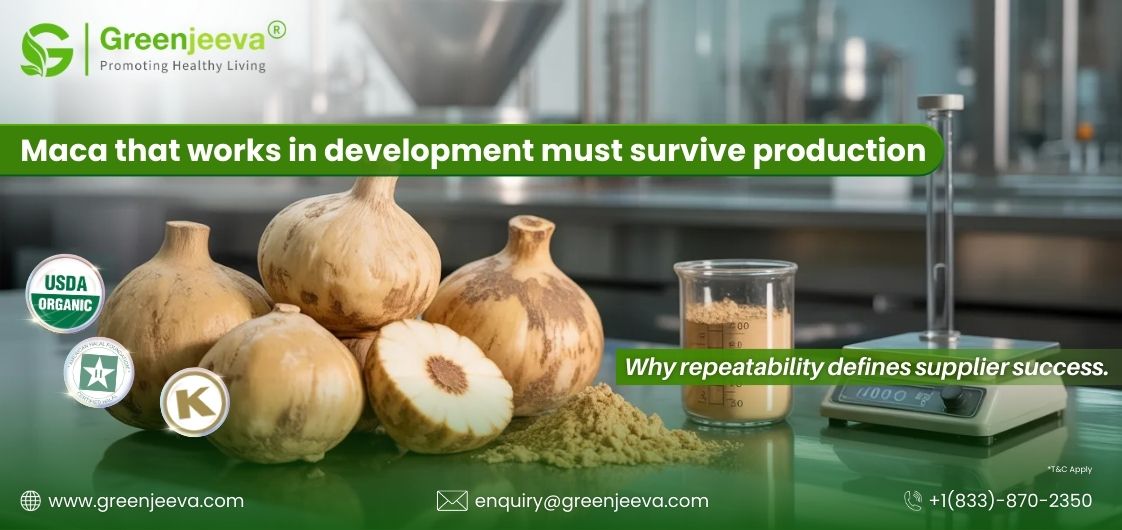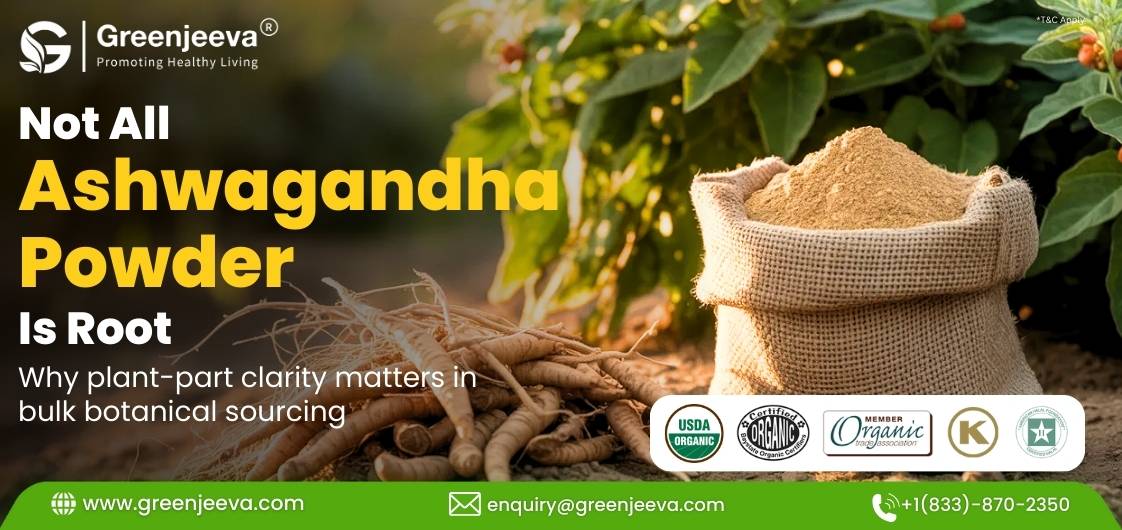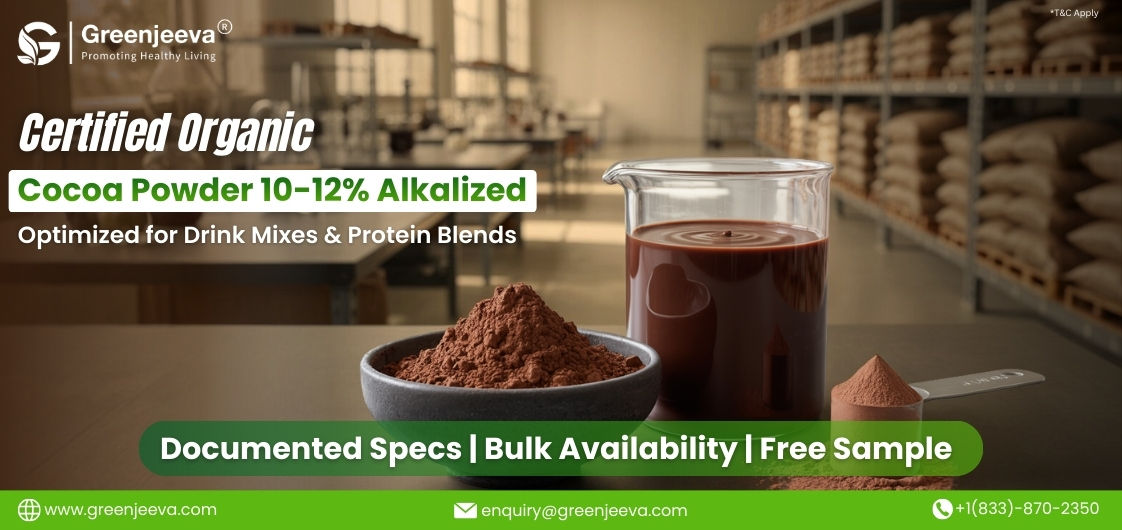Functional Power of Cane Sugar Powder in Food Production

Cane sugar, a familiar ingredient in kitchens worldwide, offers more than just a burst of sweetness. Cane sugar powder, a finely ground form of cane sugar, unlocks a range of functional properties that can revolutionize food production. Let's delve deeper and explore how this versatile ingredient goes beyond simply adding sweetness.
Sweetness Spectrum
Undoubtedly, cane sugar excels in its primary function – sweetening. Its readily available energy source enhances the palatability of various food products. However, its potential extends far beyond the realm of taste.
A Universe of Functionality
Cane sugar powder boasts a spectrum of functional properties. It empowers food producers to achieve a range of textural and aesthetic goals in their products:
-
Bulking Agent: Cane sugar powder acts as a bulking agent, adding volume and body to low-calorie formulations. This can be particularly beneficial in products like diet cookies, sugar-reduced yogurt, or protein bars, where maintaining a desirable texture is crucial.

-
Texture Modifier: By influencing crystallization and moisture retention, organic cane sugar powder plays a role in crafting different textures. For instance, incorporating it into baked goods can lead to a softer and chewier texture. Also, while utilizing it in candies can create a smoother mouthfeel.
-
Browning Agent: Cane sugar powder contributes to the Maillard reaction, a process responsible for developing desirable brown colors and flavors in baked goods. This natural browning adds visual appeal and enhances the overall sensory experience for consumers.
Benefits Across Food Applications
These functional properties of cane sugar translate into tangible benefits for businesses in the food production industry:
-
Product Innovation: Controlling texture, volume, and browning opens doors for innovative product development. From creating sugar-reduced options with desirable textures to achieving optimal browning in baked goods, cane powder empowers experimentation and differentiation.
-
Cost Optimization: By acting as a bulking agent, cane powder can sometimes help reduce the amount of expensive ingredients needed in a formulation, potentially leading to cost savings.
-
Enhanced Shelf Life: The ability of cane sugar powder to influence moisture retention can contribute to a longer shelf life for certain products. Thus, reducing spoilage and waste.
-
Clean Label Appeal: Cane sugar offers a natural alternative to some artificial bulking agents or texturizers. It potentially aligning with consumer preferences for clean-label ingredients.
Putting Functionality to Work
Let's explore some specific examples of how cane powder's properties benefit food production:
-
Reduced-Fat Cookies: Incorporating cane sugar powder alongside other bulking agents can help maintain a desirable cookie texture while reducing fat content.
-
Creamy Yogurt: Cane sugar's ability to influence moisture retention can contribute to a creamier texture in yogurt formulations, enhancing consumer appeal.
-
Crispy Cereal: Carefully controlled browning with this powder can create a visually appealing and slightly caramelized flavor profile in breakfast cereals.
A Multifaceted Approach to Food Production
Cane sugar powder transcends its role as a simple sweetener. Its diverse functional properties – bulking, texture modification, and browning – empower food producers to achieve various textural and aesthetic goals. By understanding and leveraging these functionalities, businesses can develop innovative products with enhanced consumer appeal, potentially optimize production costs, and cater to the growing demand for clean-label ingredients.
For customers looking for organic and conventional raw ingredients with same-day shipping in and around Canada, visit Green Jeeva Canada.
**The Food and Drug Aministration has not evaluated these statements. This product is not intended to diagnose, treat, cure, or prevent any disease.**






